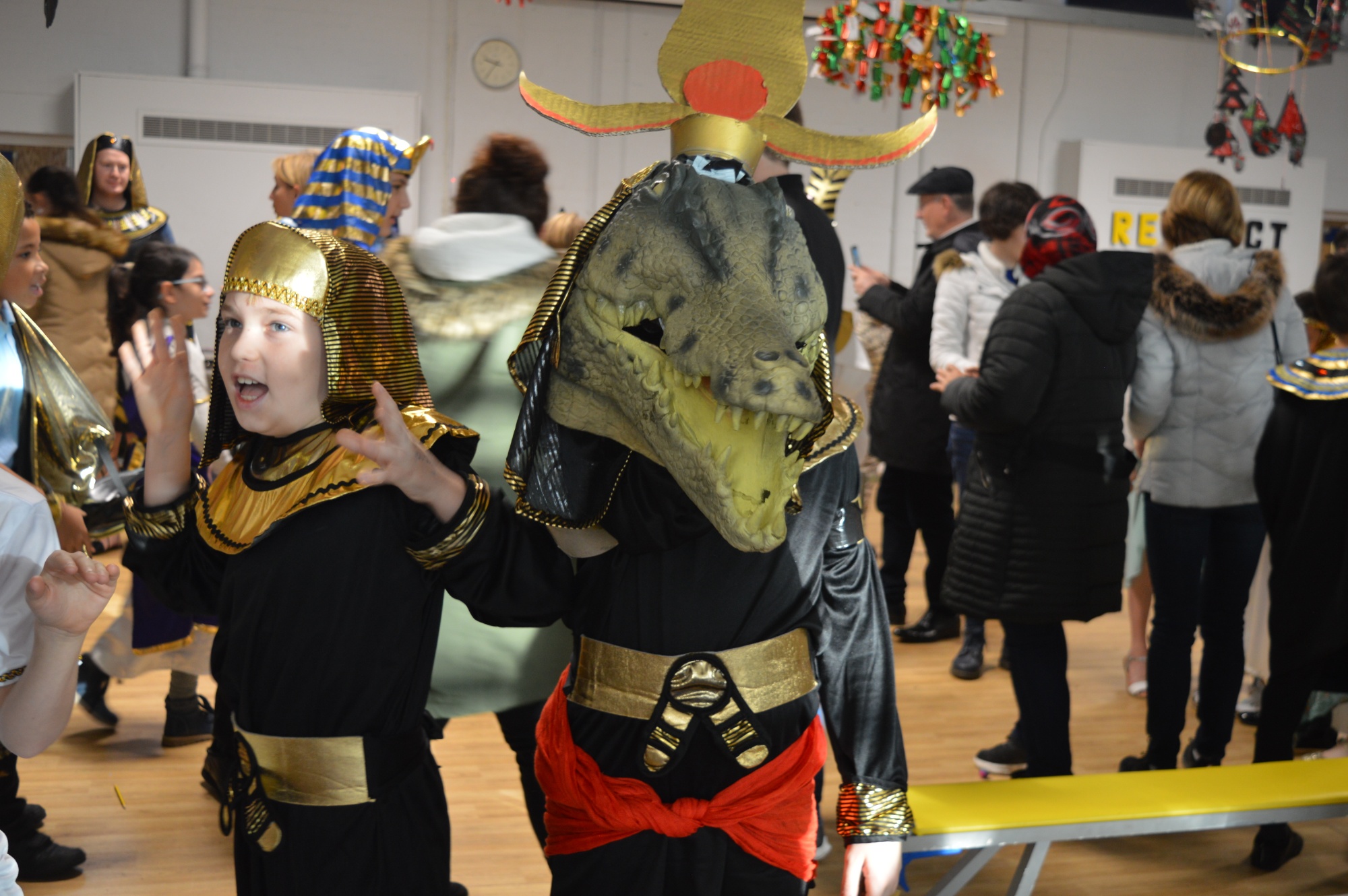
Religious Education
Intent
At East Sheen Primary School, pupils learn about and from religion in their RE lessons. We feel this is important, as this helps them to understand the world around them. Through Religious Education, pupils learn to celebrate differences in belief system, be educated to be world citizens and embrace diversity.
We encourage our pupils to ask questions about the world, and we love to hear children share with the class about their own beliefs.
Scheme of work:
We use the agreed Richmond Religious Education syllabus as the basis for our curriculum.
The Richmond Religious Education Syllabus allows children to:
-
Share their views and experiences of different faiths and beliefs
-
Explore the portrayal of religion in the local media
-
Visit places of worship or have visitors representing different faiths and beliefs.
-
Acquire an understanding of the history and variety of faiths and beliefs in Great Britain and how it shapes the religious landscape today
-
Investigate the place of religious and other beliefs in different countries and how they influence cultures and lifestyles
-
Reflect on the impact of religious and other beliefs on global life.
Implementation
During each Key Stage pupils are taught key knowledge, skills and understanding across a range of faiths which ensure progression throughout each year group using Thinking School strategies. These are Christianity, Hinduism, Judaism, Islam, Sikhism, Buddhism and Humanism. Each unit is led by a key question which children will refer back to throughout their RE lessons. At the end of the unit the children have opportunities to reflect on what they have learnt and how they have answered the key question.
Assemblies
We also explore a range of religious festivals and celebrations throughout the year. These are usually covered in one of our assemblies.
Resources
Children gain a deeper understanding of the religion studied through the use of high quality resources/artefacts. We have a range of these in school which the children will be able to use in their RE lessons.
Impact
Our Religious Education Curriculum is high quality, well-thought-out and is planned to demonstrate progression. If children are keeping up with the curriculum, they are deemed to be making good or better progress. In addition, we measure the impact of our curriculum through the following methods:
-
A reflection on standards achieved against the planned outcomes;
-
There will be opportunities for children to use our Thinking School Methodology to discuss and reflect on what they have learnt and throughout the unit refer back to the key question.
-
To develop key vocabulary linked to a range of faiths studied throughout their time in Primary School.
-
Children demonstrate a positive and respectful attitude towards people of different religions and faiths. They will show an understanding of cultural beliefs different from their own. This is within school and is also transferable to outside of school in the wider community and beyond.
